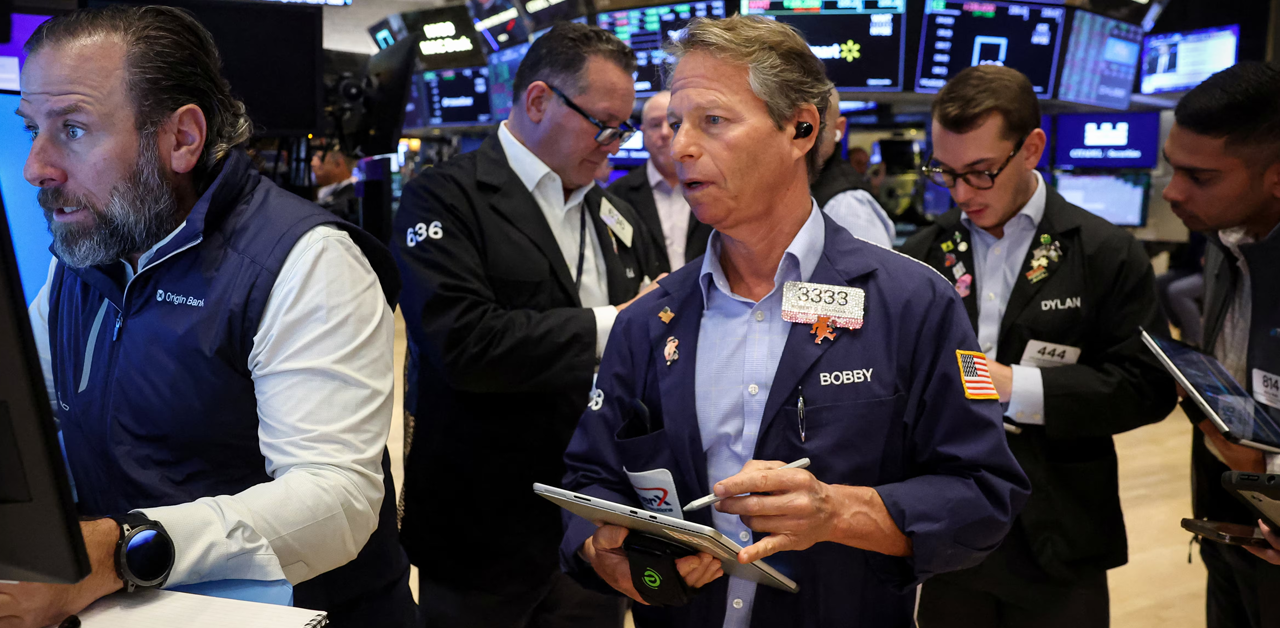USD/JPY Nears 156.00 Amid Unchanged BoJ Bond Purchases
During the Asian trading session on Friday, the USD/JPY pair climbed to a high of 155.90 as the Japanese Yen faced increased downward pressure. This market movement coincided with the Bank of Japan’s (BoJ) decision to maintain its current level of bond purchases, diverging from market expectations that had anticipated a possible reduction in debt buying earlier in the week.
Market participants are now closely watching the BoJ’s next steps, with speculation mounting that the central bank may opt to taper its bond-buying program at the upcoming June policy meeting. BoJ Governor Kazuo Ueda further solidified this perspective by clarifying in recent statements that the central bank has no immediate plans to offload its holdings of exchange-traded funds (ETFs).
Amidst these developments, Toshitaka Sekine, a former chief economist at the BoJ, shared insights in a Bloomberg interview that suggest the potential for more aggressive monetary policy adjustments. According to Sekine, the BoJ might increase its benchmark interest rate as many as three times before the year’s end. He pointed out that the next rate hike could come as soon as June, noting that there is considerable scope to modify the current “excessively” accommodative policy settings.
Meanwhile, the US Dollar has shown resilience as reflected in the US Dollar Index (DXY), which measures the strength of the USD against a basket of six major currencies. The index was observed trading around 104.60, having recovered from a multi-week trough of 104.08 on Thursday. This rebound comes amidst a backdrop of ongoing caution from the Federal Reserve regarding inflation dynamics and the potential timing of future rate cuts, possibly extending into 2024.
Key comments from Federal Reserve officials underscore the prevailing economic sentiment. Atlanta Fed President Raphael Bostic emphasized the necessity of patience with interest rates during a speech in Jacksonville, highlighting persistent pricing pressures within the U.S. economy. Similarly, Cleveland Fed President Loretta Mester remarked that it might take longer than previously expected to determine a clear inflation trajectory with confidence. These statements suggest a consensus among some Fed policymakers that the current restrictive monetary stance should be sustained longer to ensure inflation targets are met securely.
These intertwined dynamics between U.S. monetary policy and developments within the Bank of Japan are likely to keep investors on edge as they navigate through an environment filled with policy uncertainties and their implications for global currency markets.












